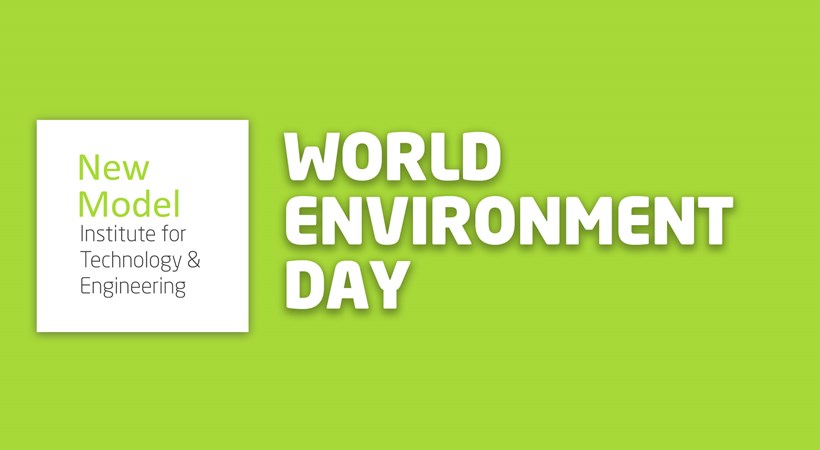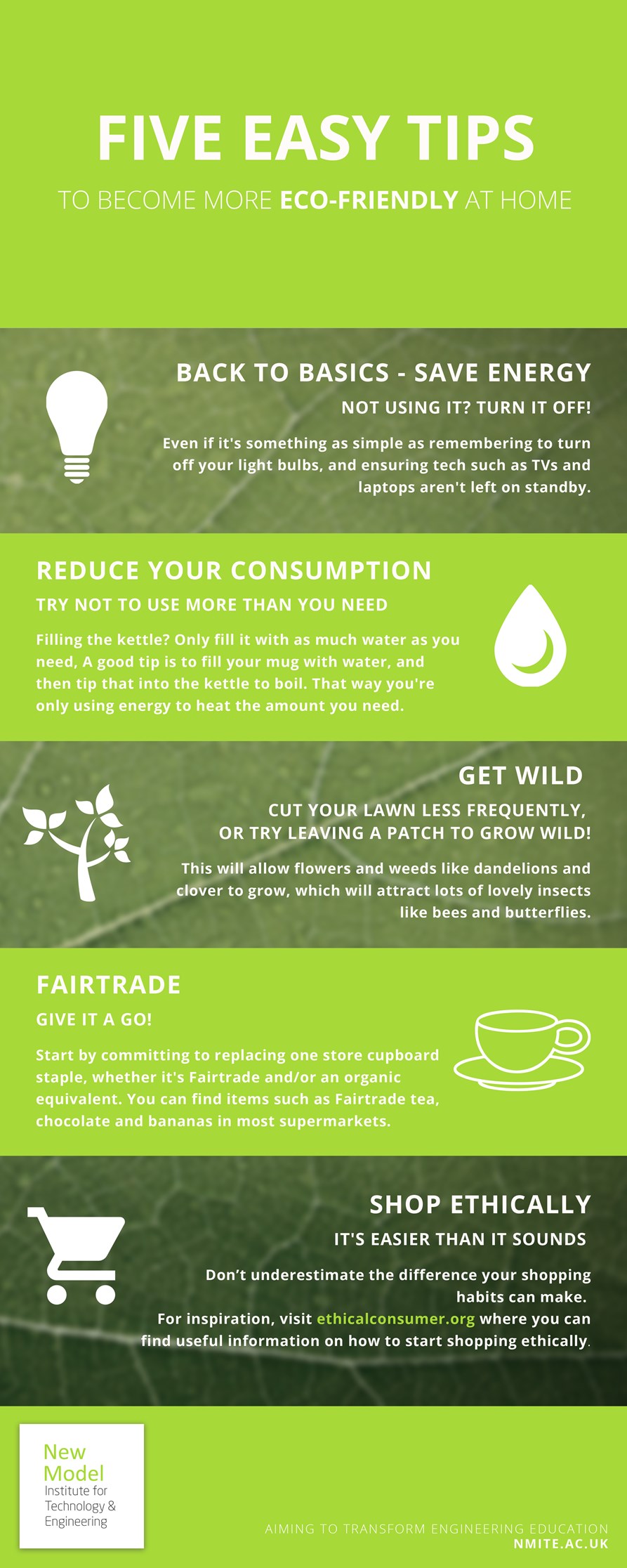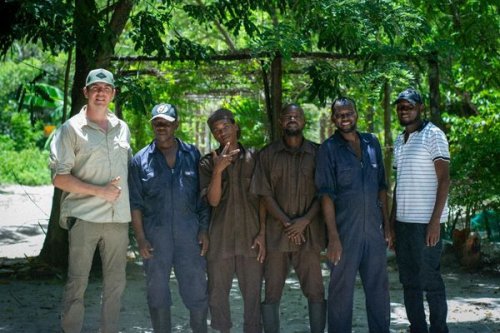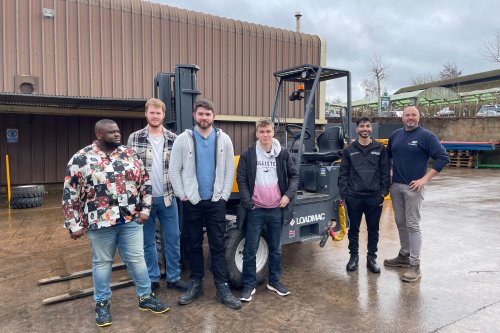It’s World Environment Day and at NMITE we’ve been talking about ways in which we can be…well, ‘better’! We look to do more than what is expected of us and to excel as an organisation that cares about the impact we make and the example we set for others.
Laura Perratt, Fundraising Associate at NMITE, whose role includes building relationships with stakeholders to help strengthen NMITE’s financial sustainability, has an admirable passion for environmental matters and is a core member of our Sustainability Committee. Outside of NMITE, Laura also volunteers for the Ludlow Fairtrade Town Group, advocating for pro-environmental behaviour and policies, as well as trade justice, and is also a proud member of the Bumblebee Conservation Trust.
Here, Laura tells us all about where her passion for the environment came from, and how we at NMITE (and we as a population) can be part of building a better, more sustainable future.
You have a passion for environmental sustainability. Where do you think that passion comes from?
My passion definitely comes from the variety of inspiring people I’ve met over the past 10 years or so. When I was at University, I had friends who were really engaged in advocacy societies, such as Oxfam and People & Planet. They enabled me to see the amount of injustice that still remains within the world and gave me the drive to fight for change. One of my friends had the idea to set up a food co-operative for students, where they could buy ethically sourced food at wholesale prices. I supported her with that, and that’s when I started to become particularly interested in ethical food sourcing. After getting a part-time job at the local BAFTS (British Association of Fairtrade Shops) store in Durham, my eyes were opened to the potential and ongoing exploitation of small-scale producers by large, multi-national corporations.
My faith also provides me with a deep, spiritual reason to tread lightly on the planet. This planet is a gift, it’s precious, and it’s the only one we’ve got – so let’s treat it with love and respect.
What do you strongly believe we (the population) needs to be doing as a whole? And what change would you like to see in your lifetime?
I believe that each one of us needs to think carefully about our lifestyle, and the impact that our everyday actions have on the planet and its people. Everything we do leaves a footprint on the planet – the way we travel, the cleaning products we use, how we feed and clothe ourselves, even how we manage our finances. We live in a consumeristic society where we are encouraged to buy more, use more, and waste more at an increasing speed. This comes at a huge environmental and social cost. We must accept responsibility – and make meaningful changes. These changes might seem like sacrifices to begin with. You might choose to buy less clothing, eat less meat, or use your car less frequently – but it all helps. You may even end up happier and healthier for it – and so will the planet.
As consumers, we also have power and a voice, and we have a responsibility to use that voice. The choices we make can shape the products and policies that are created. We’re already seeing a huge move towards environmentally friendly packaging as an alternative to plastic, all because ‘the people in charge’ heard the outcry from ‘the little people’, like you and me, in response to BBC’s Blue Planet 2. This is so empowering – so let’s discover our voice and make some noise!
In my lifetime, I’d like to see a change in attitude from “let’s buy as much as we can, as cheaply as we can, and throw it away when we’re done with it” to “let’s invest in higher quality products with a fair and transparent supply chain; let’s fix it or repurpose it; let’s agree that less is more”. I’d like to see large multinational organisations start standing up for the little people by committing to fair trade and pro environmental policies. I’d like to see an end to unnecessary packaging, less monocropping and more hedgerows, fewer cars and more bikes. I’d like to see everyone – myself included – slow down and take some time to truly, deeply appreciate the world we live in.
As NMITE works to become a future higher education institution, what do you believe we can do to become a leading organisation in environmental sustainability?
We need to be proactive and bold. We need to be looking out for opportunities to influence the industry and then use our position to start making changes. NMITE’s upcoming Centre for Advanced Timber Technology is a great example of this. On an everyday level, every time we build something, or design something, or buy something, we need to consider the impact on the environment as well as on our organisation financially.
Most of all, we need to seek advice, listen, and learn from others. This could mean speaking to sustainability experts, but it could also mean asking our future learners to develop solutions to environmental challenges. After all, they will be our future change-makers, so we need to equip and empower them.
What part do you think engineering has to play in environmental sustainability, as we continue to become a more technological world?
Engineering will be right at the centre of the movement to create a more sustainable future. Engineers are already making huge amounts of progress in areas such as renewable energy, low-carbon transport, energy-efficient housing, and developing products which can be recycled or degraded more easily. The rise of Smart Cities – cities which are more intelligent, more connected and more efficient – is particularly exciting. Watch this space!








